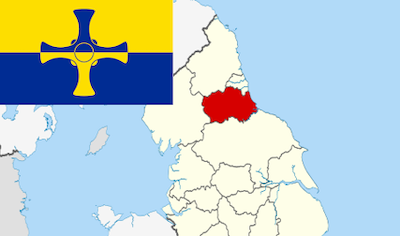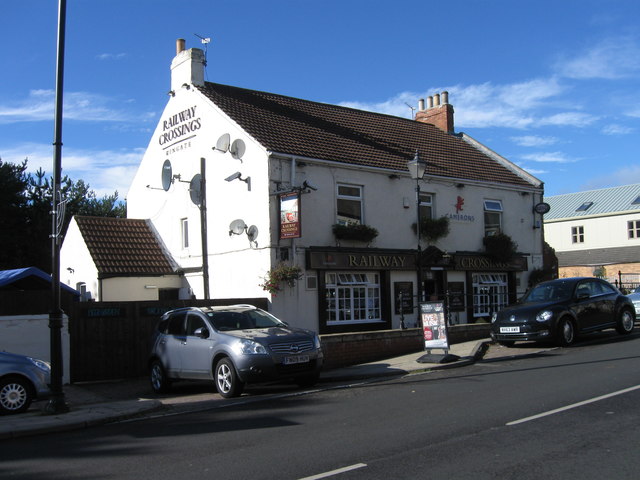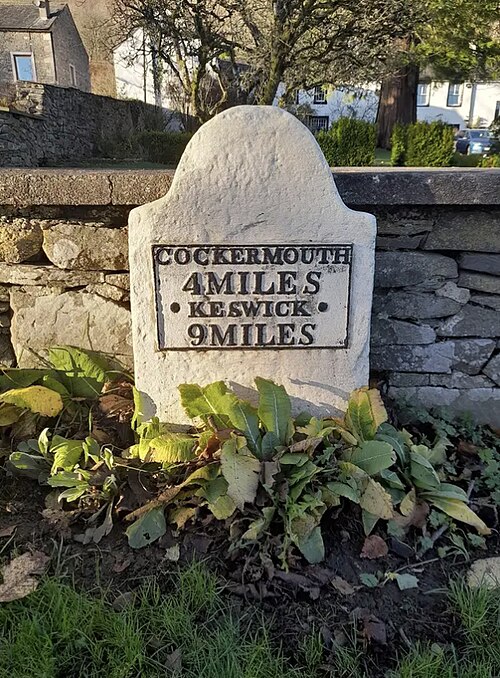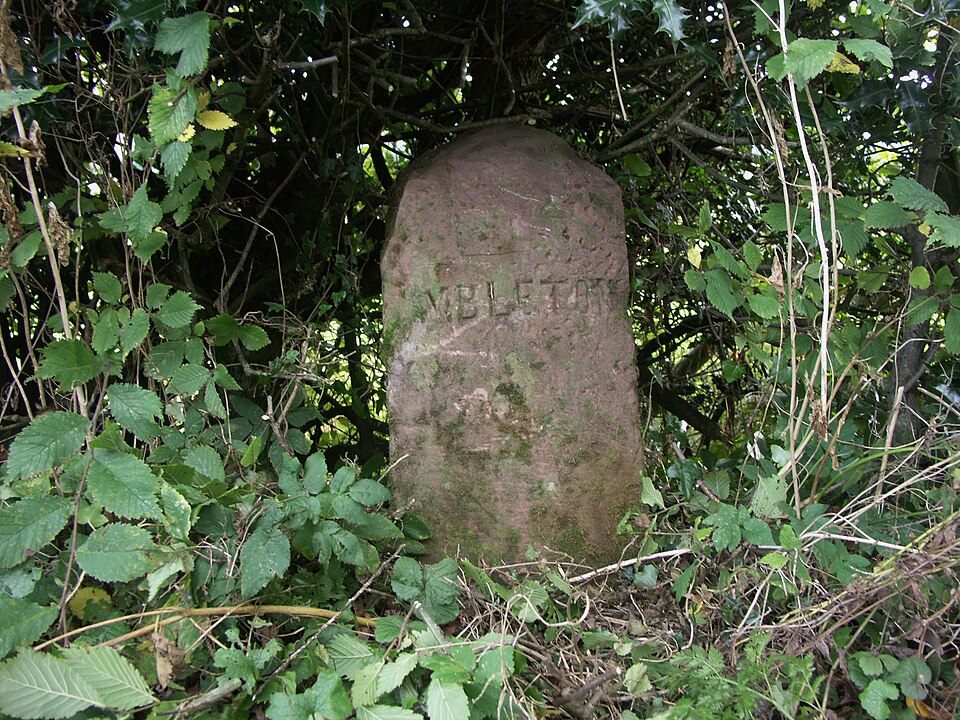Topics > County Durham > Wingate > Wingate Grange Township, 1848
Wingate Grange Township, 1848
WINGATE-GRANGE, a township and ecclesiastical district, in the union of Easington, S. division of Easington ward, N. division of the county of Durham, 1 mile (W. by S.) from Castle-Eden, and 6½ miles (E.S.E.) from Durham; the township containing 2,625 inhabitants. The district was separated from the parishes of Castle-Eden and Kelloe, for ecclesiastical purposes, in 1842. It is about two miles in length, from east to west, and one mile in average breadth, comprising an area of nearly 1700 acres, of which 1200 are arable and pasture in nearly equal portions, 360 woodland and plantations, and the remainder sites of buildings, roads, and waste. The soil is generally of a clayey kind, varying in fertility: those portions of it which are naturally of inferior quality have within the last few years been greatly improved by draining and the use of lime. The substratum is chiefly magnesian limestone, which is quarried for burning into lime, and for building purposes. Coal abounds on the lands of Wingate and Wingate-Grange; on the latter, Lord Howden and others opened a mine in 1838, and, in the course of the following year, discovered a rich bed called the "Caradoc Wallsend" coal. The Wingate branch of the Hartlepool railway terminates at the colliery; and the Hartlepool, Clarence, and York and Newcastle Junction railway passes through the southern portion of the district. Since the establishment of the colliery, the village of WingateGrange, containing more than 400 houses, has been built. An iron-foundry, also, was established in 1841, near the line of the Junction railway, within the district, but from its proximity to the Trimdon colliery in the adjoining parish, it is called the Trimdon foundry. The church was built in 1840, by subscription, at an expense of £1,300, of which £300 were given by the owners of the colliery; it is a neat structure in the early English style. The living is a perpetual curacy, in the patronage of the Bishop of Durham, with a net income of £150. The impropriate tithes have been commuted for £184. 17. 11., payable to Christ's Hospital, Sherburn; and the vicarial for £43. 16. There are places of worship for Wesleyans and Primitive Methodists.
Extract from: A Topographical Dictionary of England comprising the several counties, cities, boroughs, corporate and market towns, parishes, and townships..... 7th Edition, by Samuel Lewis, London, 1848.
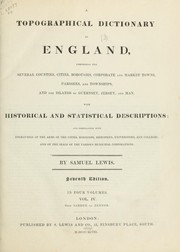
from https://openlibrary.org/books…
A topographical dictionary of England, Samuel Lewis, 7th Ed., 1848
- A topographical dictionary of England
comprising the several counties, cities, boroughs, corporate and market towns, parishes, and townships, and the islands of Guernsey, Jersey, and Man, with historical and statistical …
Added by
Simon Cotterill


from https://openlibrary.org/books…
A topographical dictionary of England, Samuel Lewis, 7th Ed., 1848
- A topographical dictionary of England
comprising the several counties, cities, boroughs, corporate and market towns, parishes, and townships, and the islands of Guernsey, Jersey, and Man, with historical and statistical …
Added by
Simon Cotterill
